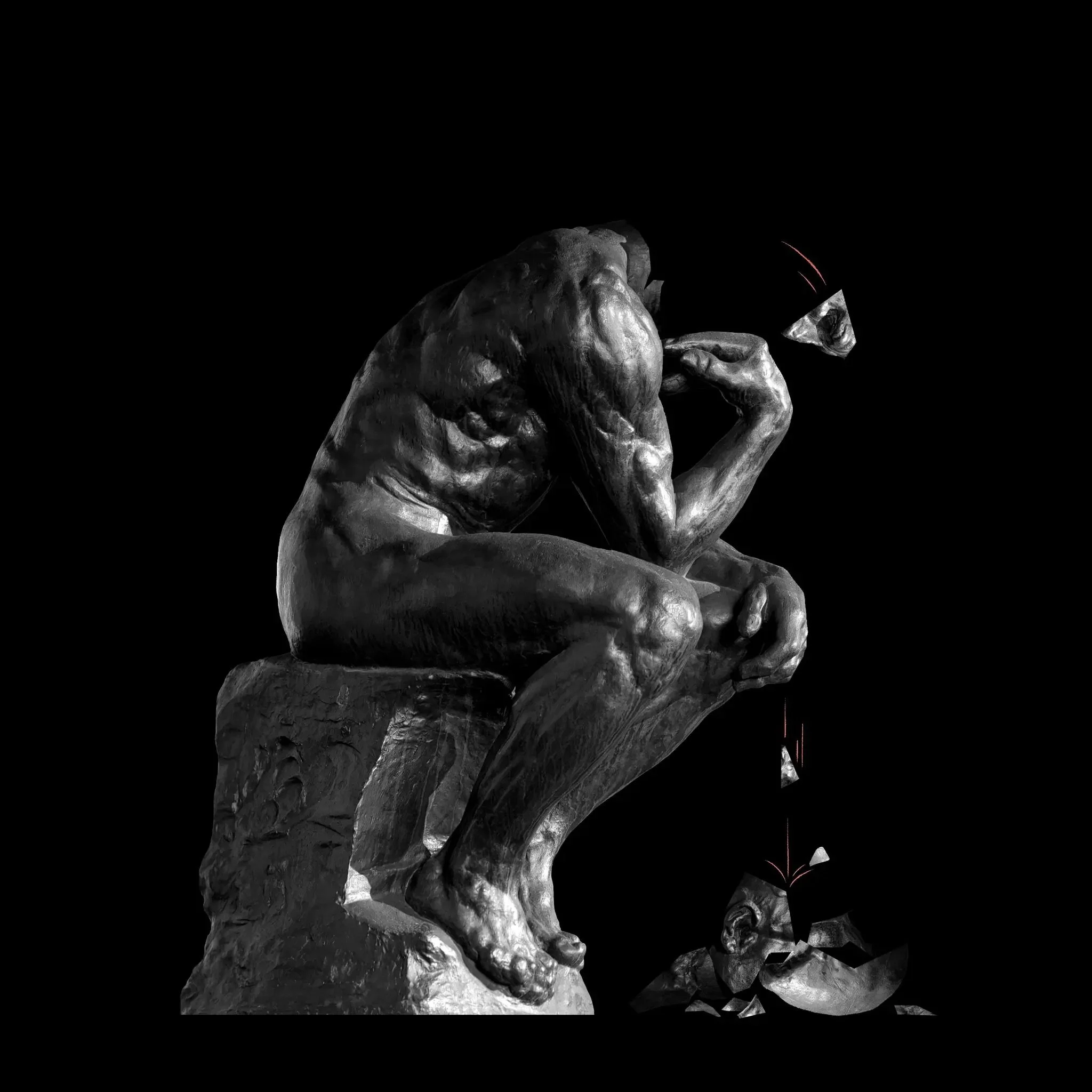When States Try to Take Away Americans’ Freedom of Thought



Illustration by Rebecca Chew/The New York Times
by the NY Times Editorial Board
Universities have always been a home for the world’s great arguments. Professors and students are supposed to debate the issues of the moment, gaining understanding of the other side’s views, refining and strengthening their positions, and learning how to solve problems. Argument thrives in a culture of openness, and maintaining that culture ought to be paramount for universities, as well as any institution that wants to shape public policy or debate.
There are many ways to stifle a culture of openness; in recent years, both the far left and the far right have shown a willingness to win arguments by silencing the other side. But the threat that Americans should be most concerned about is any attempt by government to limit the freedom of individuals to express their views or to dictate what they say.
That is what happened when Nathan Thrall, a writer on Israeli-Palestinian issues, was invited by the University of Arkansas to speak on the subject last year, and an ideological barrier imposed by the state government prevented him from joining that debate. Mr. Thrall, like everyone else who enters a business relationship to an arm of the Arkansas government, was required by state law, as stipulated by the contract for his speaking fee, to sign a pledge that he would not boycott Israel. He refused to do so, calling the requirement “McCarthyist” and an affront to his free-speech rights.
This meant that he was unable to share his perspective, informed by years of experience writing about the relationship between Israelis and Palestinians, at a time when students have a desperate need to understand the causes and effects of the war between Israel and Hamas in Gaza. The campus has lost many other speakers for the same reason, and students say they are missing out on the chance to hear a variety of voices.
“As the conflict rages in the Middle East and we attempt to make sense of it, we find our ability to listen to and learn from multiple perspectives and foster an informed conversation radically curtailed by the university’s interpretation of the statute,” one group of students and teachers wrote in a petition to remove the pledge.
The Arkansas regulation is part of a disturbing trend by state governments to silence speakers on subjects including race, gender, slavery and American history. The measures they have imposed restrict both academic freedom — the freedom to explore ideas and pursue research independently, without interference by the state — and freedom of expression more broadly.
Americans may disagree about boycotts as a matter of policy. (This editorial board doesn’t support boycotting Israel.) But as an act of protest, support for the boycott, divestment and sanctions movement falls clearly within the realm of free expression protected by the First Amendment. Arkansas and more than two dozen other states have enacted laws that prohibit state contractors from engaging in a boycott. These laws are abridging the speech of those individuals, groups and companies, and so represent a violation of their constitutional rights. In 1982, the Supreme Court unanimously agreed that nonviolent political boycotts were protected speech and could not be prohibited by government officials.
Several federal judges have made that point about the laws targeting Israel boycotts, and a few states have weakened their laws as a result.
“The certification that one is not engaged in a boycott of Israel is no different than requiring a person to espouse certain political beliefs or to engage in certain political associations,” wrote a U.S. District judge, Mark Cohen in 2021, striking down an anti-boycott statute in Georgia. “The Supreme Court has found similar requirements to be unconstitutional on their face.”
Unfortunately, the federal appeals court based in Atlanta chose not to overturn the Georgia statute last June, relying in part on a 2022 decision by another appeals court that the Arkansas anti-boycott statute was constitutional. That ruling was based on an unusually convoluted logic that said the law was intended to regulate commercial activity, not speech.

